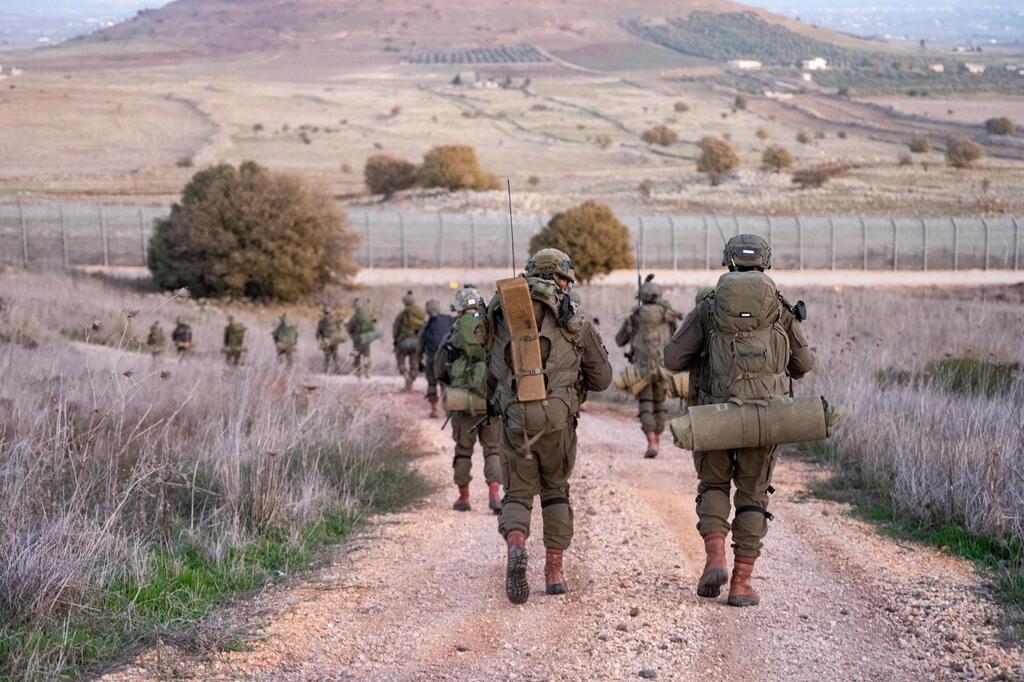Getting your Trinity Audio player ready...
Ahmad al-Sharaa, the Syrian rebel leader formerly known by his call sign Abu Mohammed al-Golani, addressed Israel for the first time since the fall of Bashar Assad’s regime on Saturday, rejecting the country's involvement in Syria.
Speaking in a televised statement in the wake of Israel’s series of strikes on Syrian territory and its occupation of the buffer zone near the Golan Heights, Sharaa said, “Syria needs laws and state institutions. We have a plan to address all the crises, and we are gathering information. We are not entering into conflict with Israel.”
2 View gallery


Syrian rebel leader Ahmad al-Sharaa (Abu Mohammed al-Golani)
(Photo: Abdulaziz KETAZ / AFP)
Sharaa claimed Israel has no justification for involvement in Syria following the departure of Iranian forces. “What happened is a victory over the Iranian plan, which threatened the entire region,” he said.
Sharaa also suggested his faction could have targeted Russian bases in Syria but opted instead to “build good relations.”
Despite his criticism of the Iranian regime, Sharaa emphasized, “We have entered our cities—not Tehran. We have no issue with the Iranian people.”
Meanwhile, Syria’s interim government called on the UN Security Council to take action to compel Israel to immediately stop its attacks on Syrian territory and withdraw from areas it has penetrated in the north “in violation of the 1974 Disengagement Agreement.”
Get the Ynetnews app on your smartphone: Google Play: https://bit.ly/4eJ37pE | Apple App Store: https://bit.ly/3ZL7iNv
In identical letters to the council and UN Secretary-General Antonio Guterres obtained Friday by The Associated Press, Syria’s UN Ambassador Koussay Aldahhak said he was acting “on instructions from my government” in making the demands. It appeared to be the first letter to the UN from Syria’s new interim government.
The letters are dated Dec. 9, days after rebels ousted Assad and ended his family’s more than 50-year authoritarian rule of Syria.
“At a time when the Syrian Arab Republic is witnessing a new phase in its history in which its people aspire to establish a state of freedom, equality and the rule of law and to achieve their hopes for prosperity and stability, the Israeli occupation army has penetrated additional areas of Syrian territory in Mount Hermon and Quneitra Governorate,” ambassador Aldahhak wrote.
Israel still controls the Golan Heights that it captured from Syria during the 1967 Six-Day War. The Disengagement Agreement ending the 1973 war between Israel and Syria established a demilitarized buffer zone between the two countries, monitored by a UN peacekeeping force known as UNDOF.
In a letter to the Security Council circulated Friday which was also written on Dec. 9, Israel’s UN Ambassador Danny Danon said his country had taken “limited and temporary measures,” deploying troops temporarily in the separation area “to prevent armed groups from threatening Israeli territory.”



